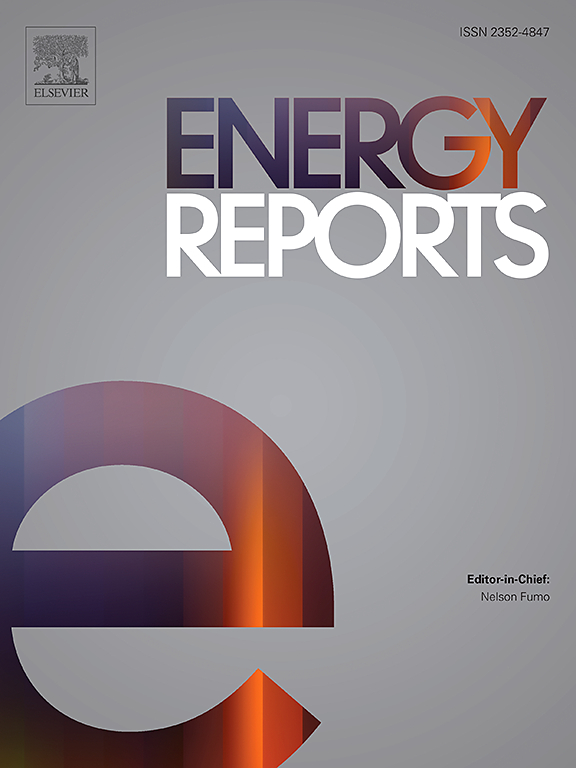Monte Carlo simulation-based economic risk assessment in energy communities
IF 4.7
3区 工程技术
Q2 ENERGY & FUELS
引用次数: 0
Abstract
Energy communities (ECs) offer significant potential for enhancing citizens’ energy self-sufficiency. However, for their broad diffusion, ensuring economic viability is vital. This necessitates prudent financial decisions, featuring comprehensive profitability assessments and uncertainty-awareness before investing. Our study introduces a method for EC financing decisions under uncertainties that may result in economic risks, which is an aspect that has not yet been explored in existing literature. Using a Monte Carlo simulation-based approach, we evaluate two financing options – direct investment and contracting – for establishing photovoltaics-based ECs at two social housing sites in Austria, where sound financial decisions are especially relevant. Our approach considers the joint impact of technological, environmental, and economic uncertainties on profitability. Findings reveal that contracting is more profitable and risk-averse than direct investment if the contractor’s profit margin remains below 5.3%. Furthermore, we highlight pitfalls of a naive, expectation value-based approach, demonstrating the risk of profit overestimation. This manifests in a likelihood of 68% that the naively calculated net present value (NPV) differs from the real NPV by up to 196%. Moreover, we show that while a basic sensitivity analysis can indicate the risk of financial loss, it cannot convey the likelihood of such loss, unlike our MCS-based approach. We thus illustrate the importance of considering uncertainties when deciding on EC financing because purely deterministic approaches likely result in disadvantageous financial decisions, potentially deterring from EC participation.
求助全文
约1分钟内获得全文
求助全文
来源期刊

Energy Reports
Energy-General Energy
CiteScore
8.20
自引率
13.50%
发文量
2608
审稿时长
38 days
期刊介绍:
Energy Reports is a new online multidisciplinary open access journal which focuses on publishing new research in the area of Energy with a rapid review and publication time. Energy Reports will be open to direct submissions and also to submissions from other Elsevier Energy journals, whose Editors have determined that Energy Reports would be a better fit.
 求助内容:
求助内容: 应助结果提醒方式:
应助结果提醒方式:


